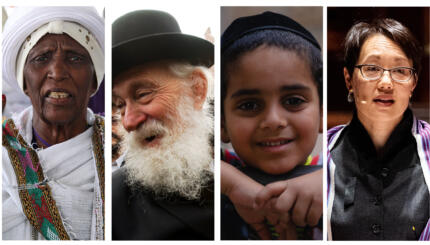In 1990, I worked with Afghan refugees in Peshawar, Pakistan, then the site of the largest refugee population in the world. Specifically, I worked with a program that theoretically hoped to prepare Afghan women to work in “public administration,” perhaps in that longed-for time after they were able to return home. Our actual aims were more modest: we taught mostly “business” English and basic computer skills to women, who in their homeland might have been doctors or lawyers, so they could find receptionist-type jobs with the only workplaces that would take them, which is to say, other refugee-assistance agencies. It is a measure of their extremely limited opportunities and their love of learning that our students (it still hurts to call these grown women “students”) were thrilled to be there.
As was I, despite the difficulties of living in Peshawar, and of working with Afghan women, who were viewed by the more conservative elements of the refugee population as belonging at home. A housing program was destroyed because someone believed the widow “beneficiaries” of that program were being corrupted. The van that brought us to work was swept for explosives each day before we could enter our work compound; our program was shut down for a not-inconsiderable amount of time because of death threats; female Afghan staff were evacuated to Europe for that same reason. Expatriate aid workers did not receive such threats, to the best of my knowledge, but our movements were highly restricted: we could not go to many public places (the movies, for example) for fear of bombs; we had to be driven everywhere; there was no chance we might simply take a walk around the neighborhood. I dressed in modest shalwar kameez when at work or in the community. More subtly, I think we were always on edge, our behavior as largely unwelcome expatriates always scrutinized. The environment in Peshawar was considered so hostile that it was, if memory serves, one of only two locations in the world (the other being Sudan) where non-embassy staff could join the American Club, an embassy-run bar where we could drink, play darts, compare notes about jobs we’d held (well, which my colleagues had held) around the world, and relax.
Complicating this already challenging milieu was a steady tone of official anti-Semitism. I still have a clipping from the local English-language newspaper about the Protocols of the Elders of Zion, presented as description of fact! There was anti-Christian sentiment as well (a favorite feature of that same English-language newspaper was stories about Christian Pakistanis who’d converted to Islam), but those stories were celebratory, not virulent, not (to me, anyway) frightening. And there was the ever-present sadness—the sadness of our Afghan colleagues, our Afghan students—as they mourned their lost homes. It seemed their exile would last forever.
It was in this charged environment that I experienced one of my first Passover seders. My family had never celebrated Pesach, not even in watered-down form. I had gone to a seder once in high school—this one in Peshawar could easily have been my second. I don’t remember where the matzoh came from, or even if we had any. All I remember was that the seder was led by an American man who was widely believed a spy (a not unreasonable conclusion in those days), and that there were many, many people there. And that I felt a sense of belonging, and relief, in their company—surpassing that which I had felt even in the privacy of our shared staff houses, or when we let our hair down at the American Club. We sang songs I didn’t recognize; I assume we tasted bitter herbs. Did we talk about freedom, and the return of the exiled? I like to think we did.
The Visiting Scribes series was produced by the Jewish Book Council‘s blog, The Prosen People.
The Jewish world is full of debates. Get the latest in MyJewishLearning’s weekly blogs newsletter.
seder
Pronounced: SAY-der, Origin: Hebrew, literally "order"; usually used to describe the ceremonial meal and telling of the Passover story on the first two nights of Passover. (In Israel, Jews have a seder only on the first night of Passover.)


